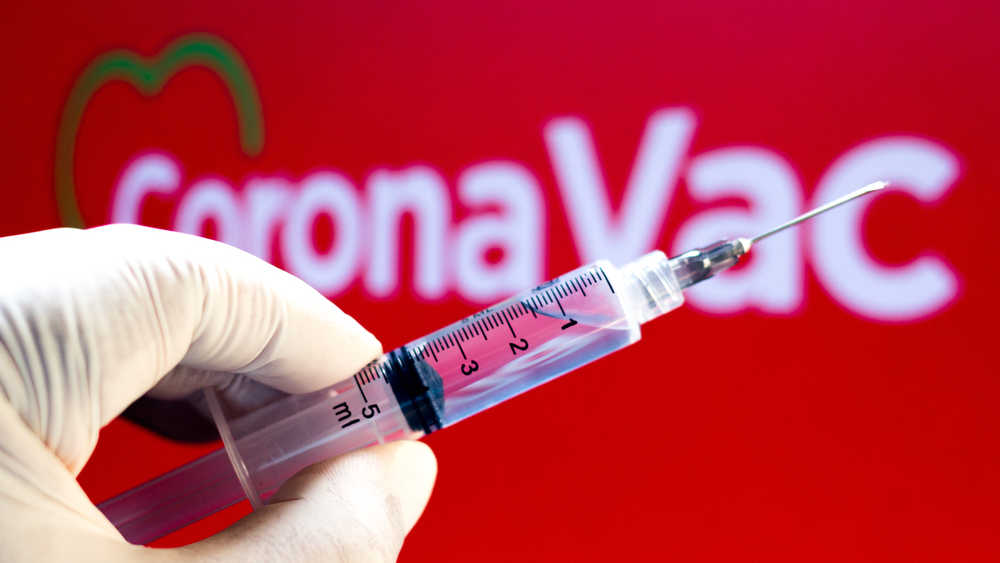Safety worries about the AstraZeneca and Johnson & Johnson Covid-19 vaccines have jeopardised inoculation campaigns far beyond the US, undercutting faith in two sorely needed shots and threatening to prolong the coronavirus pandemic in countries that can ill afford to be choosy about vaccines.
With new infections surging on nearly every continent, signs that the vaccination drive is in peril are emerging, most disconcertingly in Africa.
In Malawi, people are asking doctors how to flush the AstraZeneca vaccine from their bodies. In South Africa, health officials have stopped giving the Johnson & Johnson shot, two months after dropping the AstraZeneca vaccine. And in the Democratic Republic of Congo, 1.7 million AstraZeneca doses have gone unused.
The sense of uncertainty deepened on Wednesday when an advisory committee to the US Centers for Disease Control and Prevention delayed a decision for seven to 10 days on lifting a pause on the Johnson & Johnson vaccine, saying it wanted more data on a rare blood clotting disorder. Those shots were halted on Tuesday over concerns about the disorder, which emerged in six women, and on Wednesday the panel learned of two more examples.
Also on Wednesday, the EU said it would not make any more purchases of the AstraZeneca or Johnson & Johnson vaccines, but would pivot to relying solely on those, like Pfizer’s and Moderna’s, that are based on a newer technology and have not raised similar safety concerns.
The actions of American and European officials reverberated around the world, stoking doubts in poorer countries where a history of colonialism and unethical medical practices have left a legacy of mistrust in vaccines. If the perception takes hold that rich countries are dumping second-rate shots on poorer nations, those suspicions could harden, slowing the worldwide rollout of desperately needed doses.
Dr Sara Oliver of the CDC told the advisory panel that prolonging the pause in using the Johnson & Johnson vaccine “could have global implications”. Already, doctors say, the pauses have vindicated vaccine sceptics and made many others feel duped.
“People, especially those who were vaccinated, felt like they had been tricked in a way — they were asking, ‘How do we get rid of the vaccine in our body?’” said Precious Makiyi, a doctor and behavioural scientist in Malawi, where health workers have been racing to empty their shelves of nearly expired AstraZeneca doses. “We fought so hard with vaccine messaging, but what has happened this past week has brought us back to square zero.”
African officials have reacted with fury at the breezy reassurances of American and European lawmakers that people denied the AstraZeneca or Johnson & Johnson shots could be given another vaccine. In much of the world, there are no other vaccines.
And even as American health officials stressed that they paused use of the Johnson & Johnson vaccine on Tuesday in “an abundance of caution”, they forced global health officials to begin crafting the difficult case that shots that might not be safe enough for the world’s rich were still suited to its poor.
“It’s sending vaccine confidence into a crater,” Ayoade Alakija, a co-chair of the African Union’s Africa Vaccine Delivery Alliance, said of rich countries’ actions. “It’s irresponsible messaging, and it speaks to the selfishness of the moment that there wouldn’t be more consultation and communication.”
What rich countries call caution, poorer nations will experience as a devastating gamble with the survival of their citizens against Covid-19. “Out of an abundance of caution, let us not destroy vaccine confidence in places that only have access to one type of vaccine,” Dr Alakija said.
New York Times News Service











